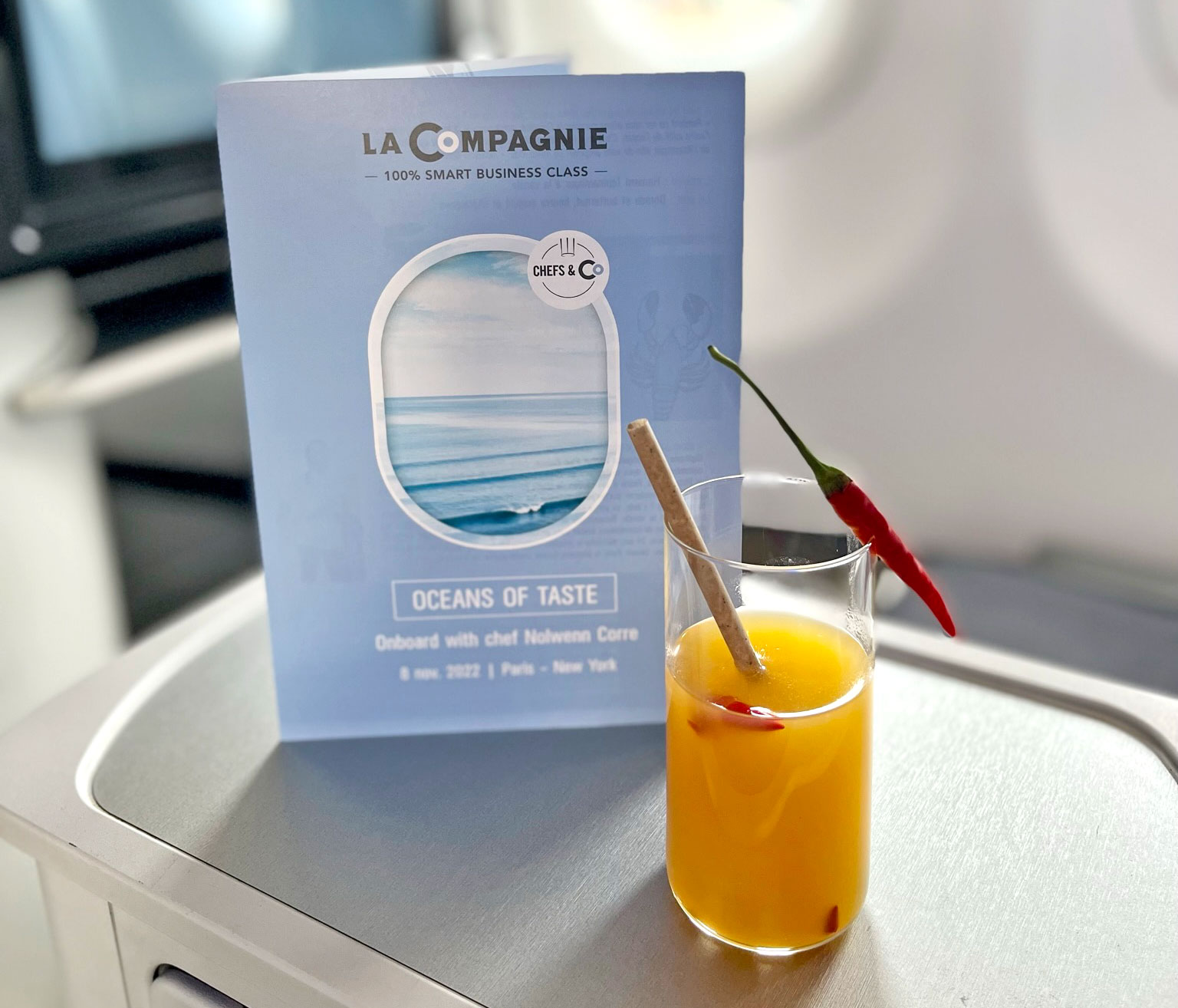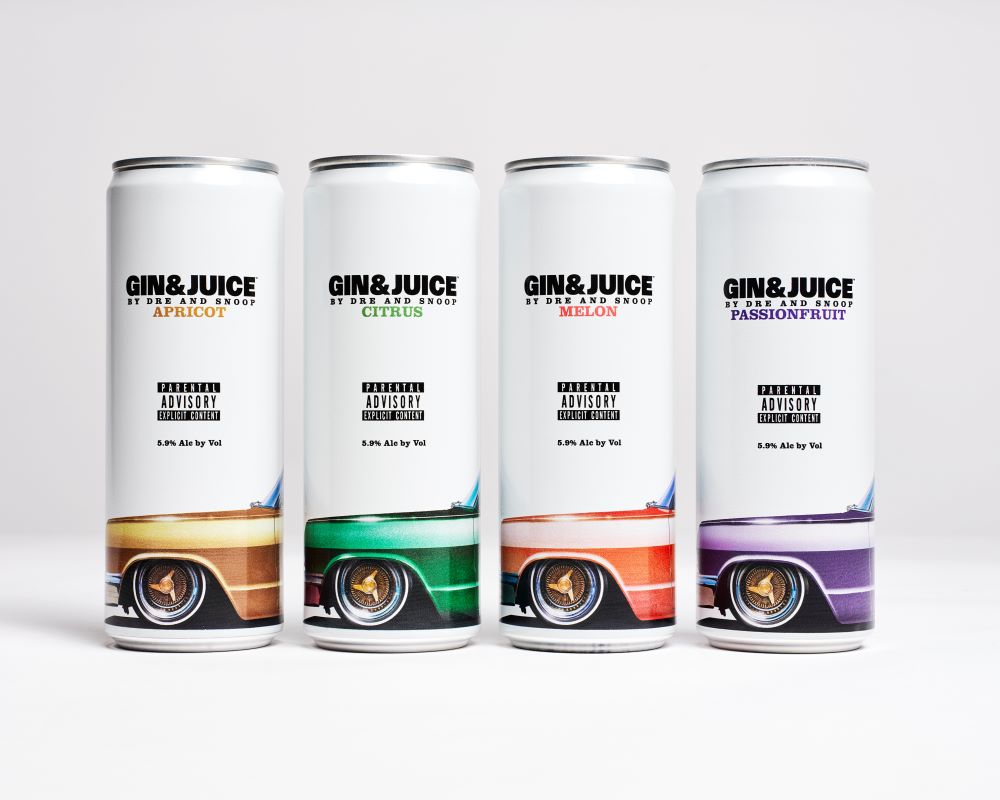[ad_1]
Exploring the intersections of meals, historical past, and tradition, Toni Tipton-Martin has spent years shining a lightweight on the influence and legacy of Black folks in American foodways. A longtime meals and vitamin journalist, and the present editor in chief of Cook dinner’s Nation journal and its TV present, Tipton-Martin has earned heaps of accolades for her work, together with three James Beard ebook awards, the Julia Little one Basis Award, the Trailblazer Award (and a number of others) from the Worldwide Affiliation of Culinary Professionals, and two invitations to the Obama White Home for her household vitamin outreach work.
Her latest ebook, Juke Joints, Jazz Golf equipment & Juice (Penguin Random Home, November 2023) turns the highlight on the historical past of Black mixology, together with trendy recipes impressed by two centuries of Black cookbooks. We sat down with Tipton-Martin to debate the inspiration behind the ebook, what she realized making an attempt her hand at mixology, and the equalizing energy of foods and drinks.
Imbibe: What impressed you to take your analysis, traditionally exploring meals, into the realm of drinks?
Toni Tipton-Martin: The plan has at all times been that this content material would reveal itself by a sequence of single-subject books. The method to begin with The Jemima Code was to introduce the general public to the concept that there was Black experience. After which Jubilee adopted by exhibiting precisely what which means by way of recipe growth and our understanding of kitchen talent, not as some magical quotient however as one thing that was practiced with intentionality. So it solely made sense then to go deeper into single topics, and bar tradition was a very unexplored space. Nevertheless it’s additionally an space that’s getting extra consideration these days—all of those attention-grabbing mixology strategies, folks doing much more exploring on their very own, and social media creating retailers for those that didn’t previously have a spot to be heard or seen has meant that there’s a new curiosity.
You’ve been doing analysis into comparable or parallel subjects for many years; did you be taught something that shocked you whenever you started digging into drinks?
I realized a lot. I invited Tiffanie Barriere [the Drinking Coach] to seek the advice of with me as a result of at thebeginning I used to be sure that I wanted that tutelage by way of what it takes to be proficient in bar tradition. However what I spotted was there was a wealthy historical past throughout the African American cookbook canon to discover the subject and provides voice to the previous in a approach that shocked me. All of us knew about Tom Bullock, for instance—he’s the poster youngster for Black mixology. And because of a lot of the latest publicity of the Black Mixologists Membership in D.C., we’re studying extra of their names. However there have been some hidden gems that actually caught out for me. And because of [journalist and Imbibe contributing editor] Robert Simonson, I realized a few ebook referred to as Julian’s Recipes, and that was the set off second for me. That ebook was printed simply two years after Bullock’s ebook [in 1919].
How did you resolve which recipes in the end went into the ebook?
As a meals editor, I’m aware of the method that at America’s Check Kitchen we referred to as the “5 recipes check.” It entails the comparability of like recipes to find out what their similarities are in construction, so that you could arrive at a working recipe of your individual. That’s simply customary recipe adaptation. I need to be speaking about that an increasing number of as folks of shade discover new methods to specific themselves and never really feel confined to a selected canon like soul meals or candy, syrupy drinks. So we interpret the recipes of these round us.
Let’s say I’m in my group and I get my mother’s recipe and my aunt’s recipe and an uncle’s recipe—I’ve all these folks round me who’re making this factor that they tweak, and from them I tweak it and make my very own model. The issue turns into monetary—whenever you begin being profitable off my thought, then we have now a monetary downside. However so long as we’re simply sharing concepts, it’s customary recipe growth, in order that’s how I arrived at my final working recipes. You possibly can see that within the headnote—I’m intentional about sharing the sources as a approach of giving credit score the place credit score is due.
I additionally love with the ability to tie in trendy interpretations; I’m fascinated with T-Ache’s ebook particularly, or Black Mixcellence, that are the newest books to deal with the subject full-on, to be unique cocktail books. It was attention-grabbing to me to understand that trendy interpretations are rooted in a components, and to have the ability to expose that folks of shade have been working with these formulation from the very starting.
You additionally took it upon your self to enhance your individual abilities in trendy mixology with the assistance of your son Brandon, who’s a bartender, and Tiffanie Barriere. How did that strategy of getting hands-on influence your appreciation for the topic?
Arms-on was a very vital a part of my schooling. I may have simply examine these recipes and tried to interpret them primarily based on an imagined palate. However you actually should get in there and take a look at it and decide if 1 / 4 ounce is to your liking or if a half ounce is best, for instance. And that’s what I like concerning the alternate between a bartender and their visitor. The bartender will ask you issues like, do you want a candy drink or extra dry? You could have the power to switch primarily based in your style, however you do want some foundation of understanding from which to experiment.
So having the outdated grasp recipes, then having Tiffanie and Brandon as the trendy interpreters, helped me develop my very own palate. As soon as I began stepping into it, I couldn’t determine what to order after I’d be out in eating places and bars! I went by a section at first the place I used to be simply overwhelmed after I would take a look at bar menus—possibly as a result of I simply wished to strive all of them. I used to be actually grateful to have the cookbooks because the bumper guards for me as a result of it allowed me to speak concerning the significance of a legacy, however to not in any respect faux that I’m the trendy knowledgeable and have that stage of creativity.
You convey the ebook chronologically as much as at the moment’s trendy bartenders like Shannon Mustipher; coming out of your perspective as a researcher, what do you assume is defining or exemplifying Black mixology at the moment?
I believe what’s exemplifying Black mixology at the moment is identical factor that’s exemplifying trendy culinary [culture]. Individuals are actually free, because the title Jubilee supposed, to be as artistic as they need. There are not formal boundaries that say folks should function inside this one lane to be taken significantly, to be selling of the tradition. It’s cultural as a result of it’s being created by cultural arms, with a cultural creativeness and creativity.
Probably the most thrilling factor to me now’s to see the place they will go. I’ve accomplished my work—my work is to say that these folks existed, we must always honor them, and let’s use their info as a structural foundation. Now the subsequent section, to me, is strictly what has occurred in meals. We have now all these cooks who’re reaching again into their cultural heritage and pulling on the threads. And there may be extra dialog about how we pair wine and spirits with meals versus considering in some way African American cooking isn’t conducive to among the identical drink selections which have been true for different meals. No matter your tastes are, folks are actually free to discover them.
What do you assume we acquire once we be taught extra concerning the historical past behind our foods and drinks?
As is true of all my work, we be taught that we’re extra alike than we’re completely different. And that there are obstacles which have been erected socially to divide us. However foods and drinks and commensality and the reality of what happened could be nice equalizers, if we’re prepared to embrace that reality and never take it personally. If you learn by the intro and it talks concerning the misrepresentation of individuals having fun with themselves at a juke joint by way of “losing their cash,” we have now to consider “losing” as a price. Shopping for a flowery automotive is a waste of cash. Or shopping for a designer purse is a waste of cash. All of it simply is dependent upon your perspective. And people descriptions had been crafted for a purpose, and that purpose was disparagement.
There have been folks of different communities having enjoyable, and doing the jitterbug, and dancing and consuming too. All of my work is a race tolerance challenge, in the end. I don’t discuss that fairly often, however in the end that’s the intent behind what I do. It’s definitely to liberate African Individuals and to revive the work to its rightful homeowners who’ve been erased. Nevertheless it’s additionally a approach for us to grasp how stereotypes could be damaged and the necessity to break them.
[ad_2]
Source link









